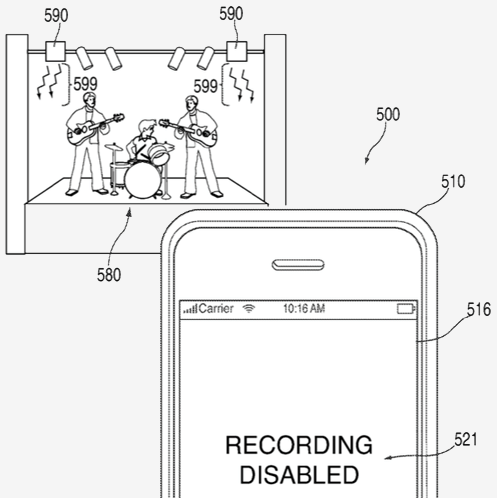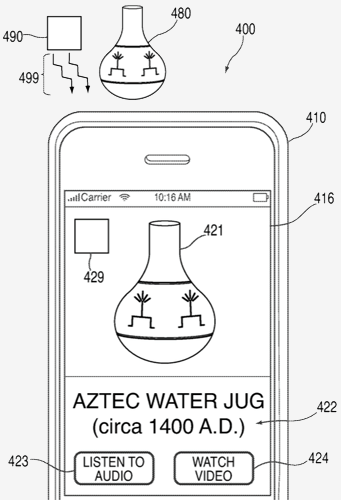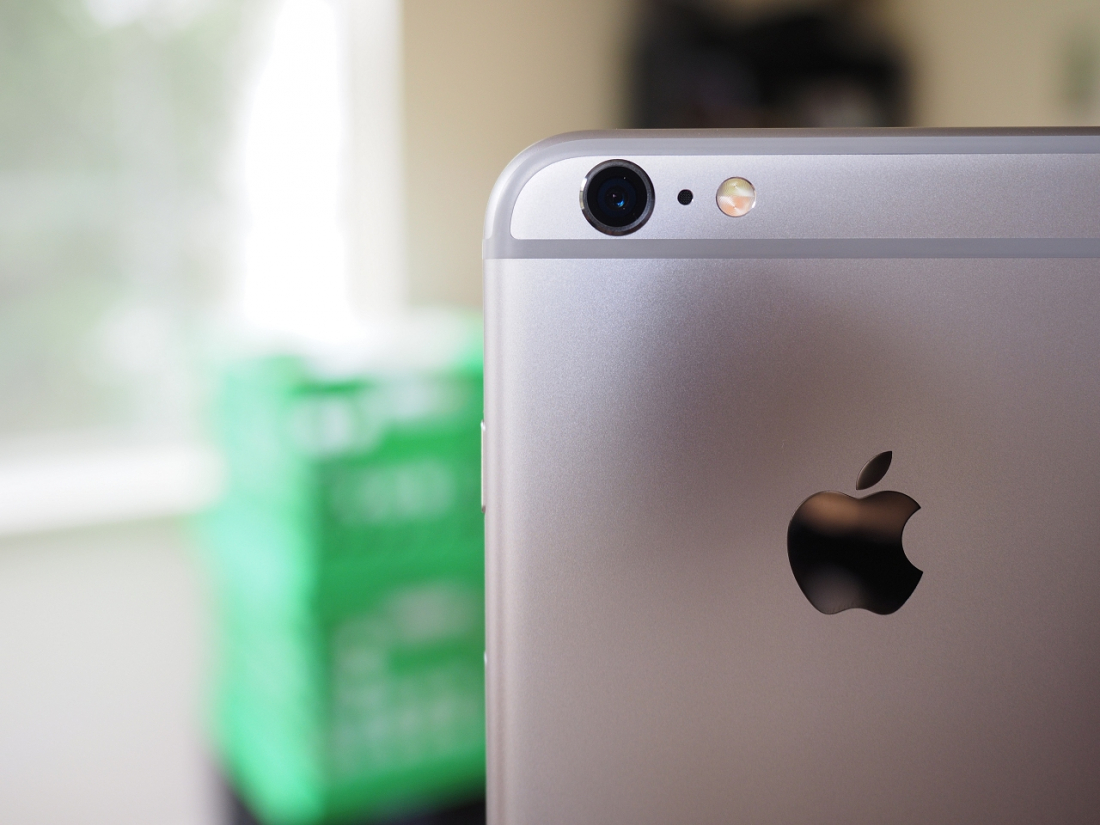Smartphones have afforded us the ability to have a camera with us at all times, for better or for worse. If you've been to a concert within the past several years, you're already well that this is one such venue in which having a camera - or rather, those around you having a camera - ruins the atmosphere.
Rather than a great night of music and fun, you have to contend with a sea of people with smartphones jockeying for position to record the entire show. But for what? If you wanted to watch the concert from the night before shot on a smartphone, all you had to do is go to YouTube. Instead, you'd rather ruin the show for others just so you can boast on social media that you went to a concert but I digress.

According to a new report from 9to5Mac, Apple was recently granted a patent that may remedy the above scenario... and introduce a whole new narrative as it relates to personal freedom and rights.
The patent in question involves a camera that could detect an infrared signal and even interpret data from it. In the filing, Apple suggests the tech could be used at a concert to disable still photography and video recording. The same technology could also be used to prevent video recording in a movie theater, for example, or ban photography in an art museum or even at a trade show.

It's not all restrictive, however, as a phone user in a museum (presumably one that allows photography) could use the tech to receive information about an exhibit.
It's worth noting that Apple filed for the patent way back in 2011 and just because a patent is awarded doesn't mean we will see it show up in a consumer product. And in this case, that's for the best really as we don't need a hardware maker telling us what we can and can't take photos and videos of. Just imagine how quickly a technology like this could get out of hand if implemented.
